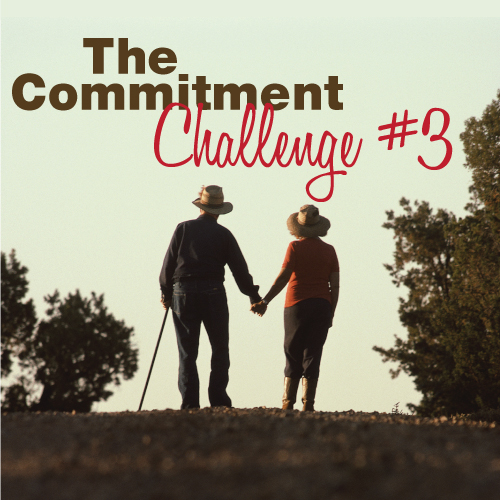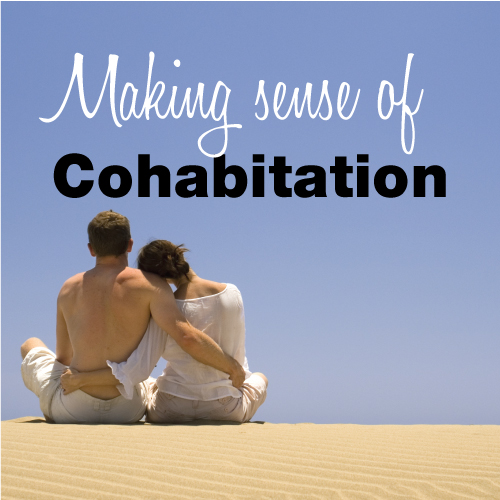Making the most of single life

Many people see single life as the opportunity to have some fun and ‘live it up’ before they ‘settle down’ to marriage. In fact, some see it as vital to do so – they argue that failing to ‘experience life’ a bit before marriage will lead them to be restless in the marriage, full of resentment and ‘what ifs’.
Mostly, they are thinking about sexual experimentation. After all, there is nothing in the wedding vows that prohibits the pursuit of career opportunities, recreational interests or exotic travel experiences, all of which can be done together, or with the active support of their spouse.
They fear that if they fail to explore the sex market before they marry, they will be tempted to do so after marriage, breaking their vows and putting the marriage at risk.
While the intentions are often noble, the premise on which they are founded is false. Recent research has given substance to what many commentators have been saying for decades: how one lives before marriage impacts the stability of the relationship after marriage.
For example, premarital sex and cohabitation are two significant factors cited as contributing negatively to marital satisfaction and longevity.* Analysis of divorce incidence was correlated against premarital sex, premarital birth, cohabitation, and racial and religious differences, all of which increased the likelihood of divorce.
It seems that ‘living it up’ before marriage has long-lasting consequences well beyond the obvious risks of sexually transmitted infections or unplanned pregnancy.
When we think about it, this isn’t really a surprise. After all, walking down the aisle on our wedding day didn’t change who we were, or erase our memories of any past negative experiences. Those aspects of ourselves were part of who we were before the wedding and have continued to be so since then.
Unhelpful habits formed during our single years cannot always be easily discarded once married. These habits can include anything from personal hygiene to sexual standards and relationship patterns.
For example, those who make a habit of ending a relationship rather than dealing with a conflict will soon discover that ‘happily ever after’ requires some serious investment in their relationship.
Similarly, expectations of independent lifestyles established during singledom are not generally compatible with the interdependence of marriage.
Marriage doesn’t happen in a vacuum. Marriage is the blend of the two individuals and all the life experience they bring to their relationship.
Every significant past relationship influences the formation of each person’s character. We carry the wounds and riches of every one of our relationships into our marriage. These either help or play havoc with our ability to freely give ourselves totally to our spouse.
Single individuals who protect their heart from unnecessary wounding and develop habits and attitudes that are compatible with marriage will be the ultimate winners.




